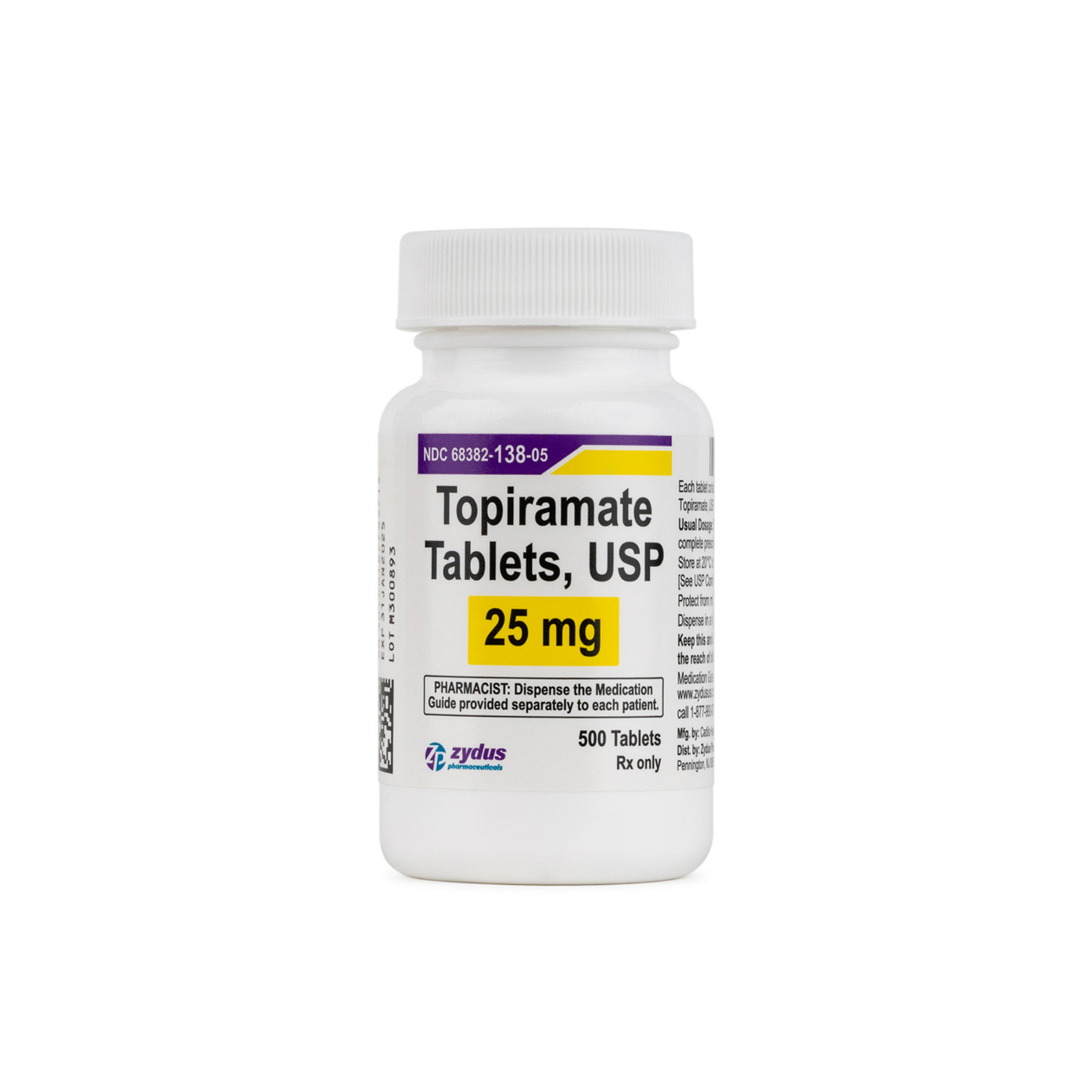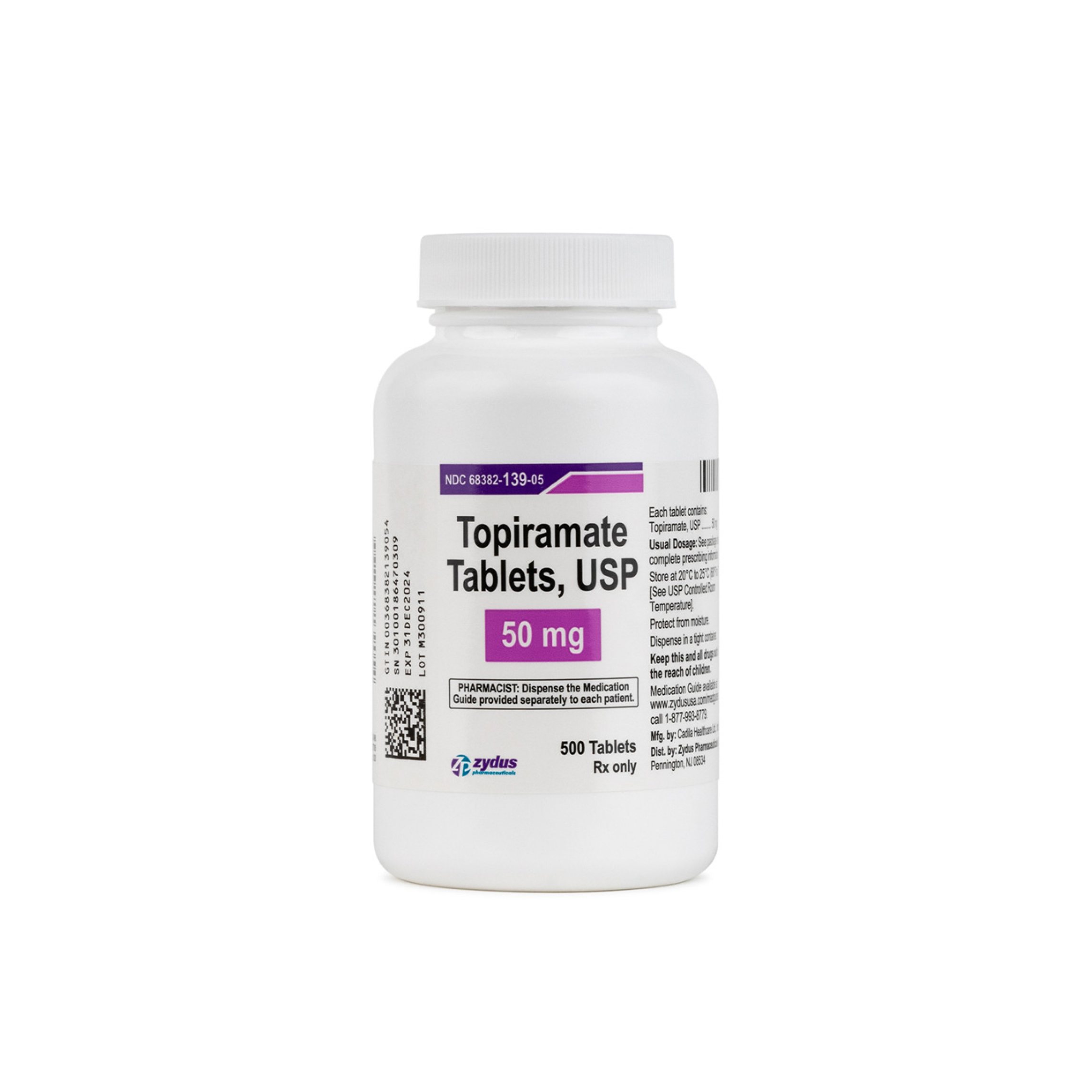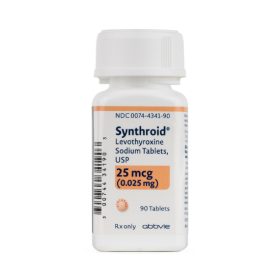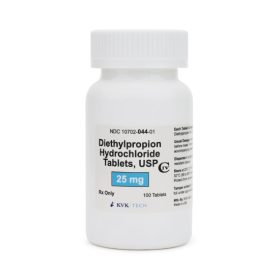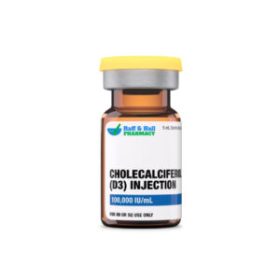Topiramate Tablet (Each) †
† commercial product
Prescription medication topiramate could prevent migraine and assist in epilepsy management. It can help with both generalized and partial onset seizures, including tonicclonic seizures and those connected with LennoxGastaut syndrome, a serious form of childhood epilepsy.
Besides its antiepileptic effects, topiramate might help to prevent migraines. Although the precise means topiramate could help to prevent migraines is not totally known, it is thought to include the modulation of neurotransmitters. and the inhibition of some kinds of neuronal activity that may cause migraine attacks.
Topiramate works by influencing the electrical activity in the brain. It enhances the action of gamma-aminobutyric acid (GABA), an inhibitory neurotransmitter that helps calm overactive nerve signals. At the same time, it blocks certain excitatory receptors like glutamate and inhibits sodium and calcium channels, reducing nerve cell firing. These combined effects help stabilize brain activity, prevent seizures, and decrease the likelihood of migraine episodes.
This medication should not be used by individuals with known hypersensitivity to topiramate or any of its ingredients. Caution is advised for those with kidney stones, glaucoma, or metabolic acidosis. Patients with a history of depression, mood disorders, or suicidal thoughts should be closely monitored, as topiramate may influence mental health. Gradual dose adjustments are recommended to avoid side effects, and regular follow-ups with a healthcare provider are necessary to ensure safe treatment.
Topiramate may interact with other medications that affect the central nervous system, such as antiepileptic drugs, antidepressants, or alcohol. It can also alter the effectiveness of hormonal contraceptives, potentially reducing their ability to prevent pregnancy. Additionally, combining it with diuretics or lithium may increase the risk of electrolyte imbalances. Patients should provide a complete list of current medications and supplements to their healthcare provider to prevent harmful interactions.
Common side effects include dizziness, fatigue, tingling sensations, memory difficulties, and changes in taste. Some people may experience weight loss, dry mouth, or coordination problems. Serious but less frequent side effects include kidney stones, mood changes, confusion, and vision problems. If symptoms like severe headaches, blurred vision, or unusual mood swings occur, medical attention should be sought immediately. Adhering to prescribed dosages can help minimize risks.
Topiramate is not generally recommended during pregnancy unless the benefits outweigh the risks, as it may increase the chance of birth defects or complications. Women planning to conceive should discuss alternative treatments with their healthcare provider. The drug may also pass into breast milk, potentially affecting a nursing infant. Therefore, breastfeeding mothers should consult their doctor before starting or continuing treatment with topiramate.
Store this medication at 68°F to 77°F (20°C to 25°C) and away from heat, moisture and light. Keep all medicine out of the reach of children. Throw away any unused medicine after the beyond use date. Do not flush unused medications or pour down a sink or drain.
- National Center for Biotechnology Information. “Topiramate.” PubChem, pubchem.ncbi.nlm.nih.gov/compound/Topiramate
- Fariba KA, Saadabadi A. Topiramate. [Updated 2024 Jun 8]. In: StatPearls [Internet]. Treasure Island (FL): StatPearls Publishing; 2024 Jan-. Available https://www.ncbi.nlm.nih.gov/books/NBK554530/– LinkOpens in New Tab
- Faught E. Topiramate in the treatment of partial and generalized epilepsy. Neuropsychiatr Dis Treat. 2007 Dec;3(6):811-21. doi: 10.2147/ndt.s512. PMID: 19300616; PMCID: PMC2656323.
- MedlinePlus. “Topiramate.” U.S. National Library of Medicine, medlineplus.gov/druginfo/meds/a697012.html

